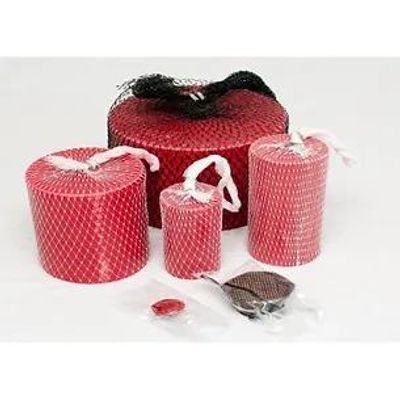

- Home
- Companies
- Aquaintech Inc. (AITI)
- Products
- AquaInTech - Model MicroPRO+++ - ...

AquaInTech - Model MicroPRO+++ -Bacillus Spores
MicroPRO+++ was developed as a means of delivering spores on a more or less constant basis. Far too many farmers have been persuaded to grow bacteria up on pond side for regular addition. This can be justified if it is done responsibly and correctly although the reality is that this is only useful from the standpoint of predigesting carbohydrate substrates that shrimp readily consume, reducing FCRs. As a means of cleaning up the water this rarely works and the risks far outweigh the benefits.
For some environments the ability to have Bacillus spores present on a constant basis may offer solutions that traditional approaches can not. Typically spores are used in a wide variety of environments to degrade organic matter. Organic matter accumulates all of the time under routine cultural conditions.
Whether you are growing fish or shrimp in fresh water, brackish or full strength seawater as they grow they consume more feed and add more waste to the environment. Closed systems try and moderate this either by recirculating the water and removing waste products using a variety of approaches (RAS) or encouraging the growth of assemblages of micro and macro-organisms to digest the material in situ (biofloc). Open systems discharge water directly into the environment where allowed by law and when not into settling ponds prior to discharge.
For some environments the ability to have Bacillus spores present on a constant basis may offer solutions that traditional approaches can not. Typically spores are used in a wide variety of environments to degrade organic matter. Organic matter accumulates all of the time under routine cultural conditions.
Whether you are growing fish or shrimp in fresh water, brackish or full strength seawater as they grow they consume more feed and add more waste to the environment. Closed systems try and moderate this either by recirculating the water and removing waste products using a variety of approaches (RAS) or encouraging the growth of assemblages of micro and macro-organisms to digest the material in situ (biofloc). Open systems discharge water directly into the environment where allowed by law and when not into settling ponds prior to discharge.
*For export only. The use of this term is for marketing purposes only and may not be suitable in all markets.
- Reduced labor time
- Degrades a wide range of complex organic compounds.
- Reduces Hydrogen Sulfide
- Reduced disease outbreaks due to less stress, cleaner water and environments and reduced nutrient loads limiting pathogen growth.
- Breaks down fat & grease build-up
- Better feed efficiency and healthier shrimp
- Eliminates malodors at their source
- Increased profits
